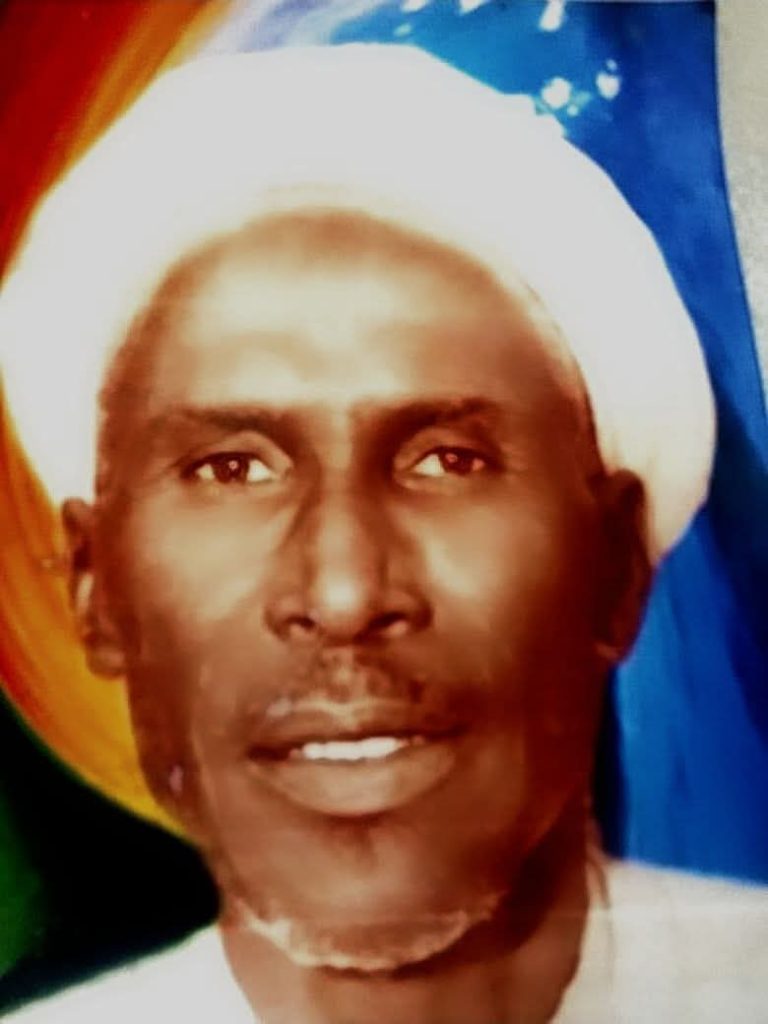In every generation, there are those whose lives stand out—threads woven into the fabric of society that shine with values we all admire. The late Suleiman Abubakar, the revered Sarki of Tukur-Tukur, was one such thread. A man of deep faith, unwavering principles, and quiet strength, he was a beacon of hope and justice whose legacy continues to shape the lives of those he touched.
From my earliest years, I saw in my father not just a leader, but a living example of what leadership truly means. For him, leadership was not about titles or power. It was a sacred trust, a responsibility given by the people and ultimately answerable to God. Guided by his unshakable faith, he believed that true leadership demanded integrity, accountability, and a heart devoted to service.
Sarki Sule’s fight against corruption was perhaps the most powerful testament to his character. In a time when dishonesty crept into many corners of public life, he stood as an immovable force, confronting wrongdoings with courage and conviction. He knew that corruption doesn’t just steal money—it steals futures, destroys trust, and erodes communities. He made transparency and ethical conduct the foundation of his rule, setting an example that others aspired to follow.
What truly distinguished him, however, was his unwavering sense of fairness. Sarki Sule listened to everyone, regardless of status or influence. To him, every voice mattered—whether it came from the powerful or the poor. He championed inclusivity long before it became a buzzword, ensuring that decisions reflected the collective voice of the community. This earned him the respect and affection of all, and fostered a sense of unity and belonging in Tukur-Tukur.
And yet, despite the seriousness of his mission, my father never lost his warmth. He had a disarming sense of humor, often using lighthearted jokes to ease tension and connect with people. His laughter could bridge divides, and his humility made him accessible. He reminded us that leadership could be both firm and kind, serious and human.
More than anything, humility defined him. He wore his title lightly, never allowing his position to separate him from the people he served. Whether celebrating with them or mourning beside them, he was always present—never distant, never above. His humility was not performative—it was who he was at his core. He believed that real greatness lay not in being served but in serving others.
Today, as I reflect on his life, I am overwhelmed with gratitude. Suleiman Abubakar was not just my father—he was a mentor, a moral compass, and a friend. His values—his God-fearing heart, his integrity, his belief in inclusivity, his laughter, his humility—continue to guide us. Though he is no longer with us in body, his spirit lives on in the people and principles he so deeply loved.
In a world often clouded by selfishness and cynicism, his life reminds us of a different way—a way rooted in honesty, compassion, and purpose. May we carry forward his legacy with pride and strive to reflect the same light he brought into our lives. The memory of Sarki Sule is not just something we keep—it is something we live.
By Abdul-Azeez Suleiman


